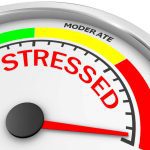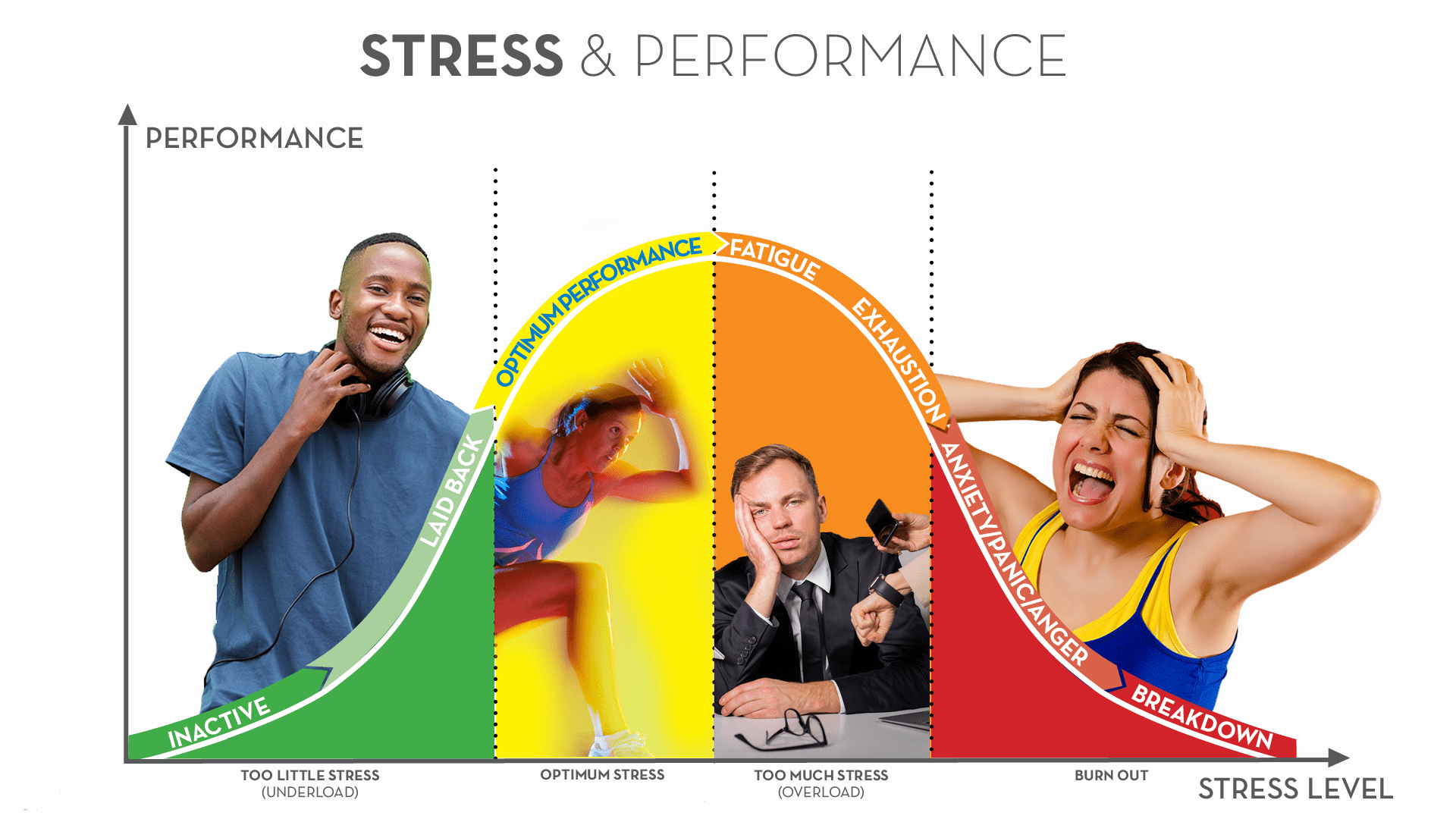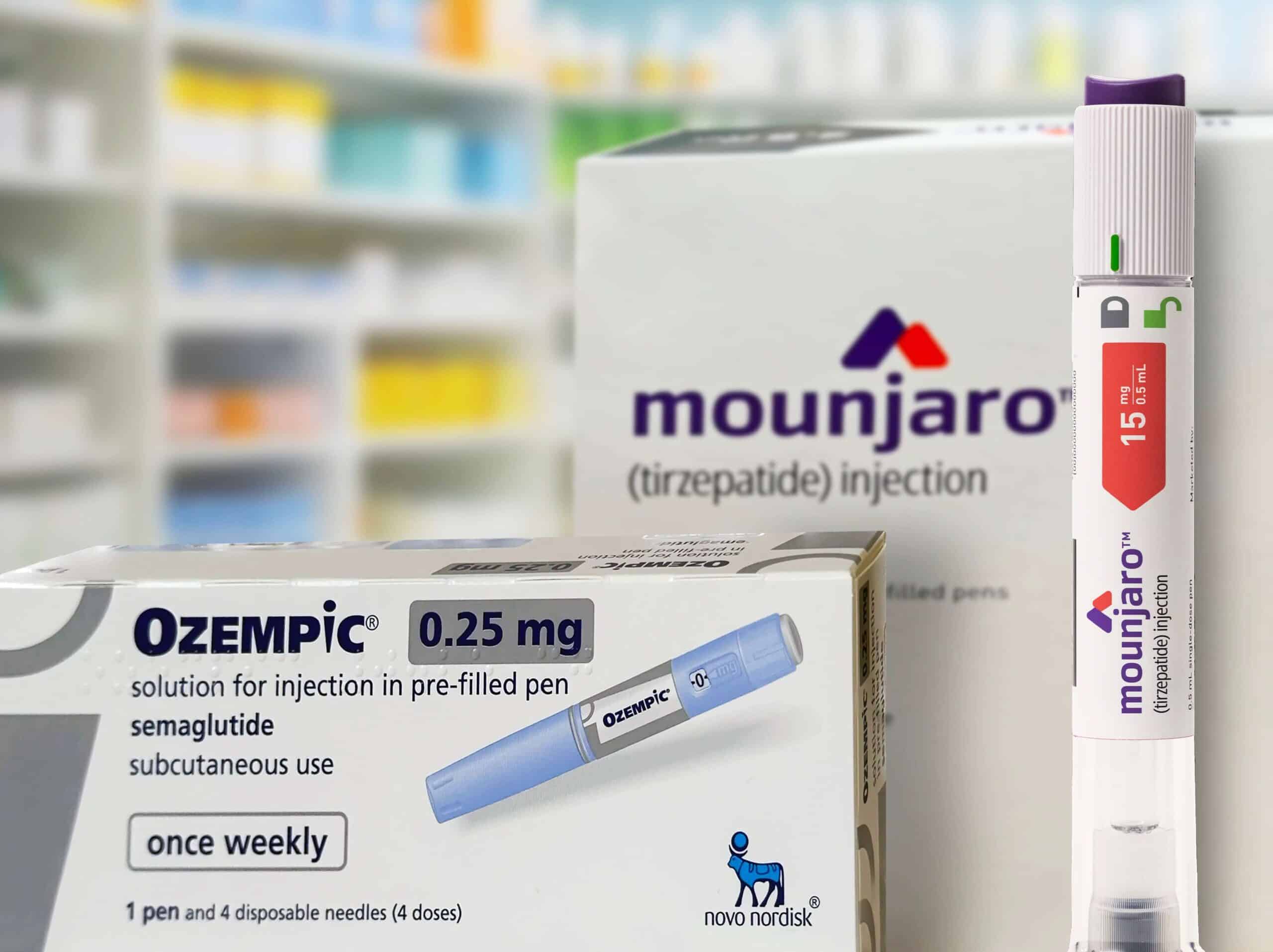Stress Level Test

If you are suffering from high-stress levels, you may feel tense or anxious, have headaches, stomach complaints, or even symptoms that mimic illnesses. Long-term exposure to stress can also lead to mental health problems such as depression and anxiety.
Sometimes, it’s easier to recognize stress in others than in yourself. You may have learned to endure rather than overcome the emotional chaos caused by stress. Problems may be difficult to recognize because they have become so familiar. That can make your daily life miserable and negatively impact your physical health, sometimes drastically. Yet you may not be aware or willing to admit that you are under stress.
Perceived Stress Scale (PSS)
The Perceived Stress Scale (PSS) is a classic stress assessment instrument. The tool, while originally developed in 1983, remains a popular choice for helping us understand how different situations affect our feelings and our perceived stress. The questions in this scale ask about your feelings and thoughts during the last month. In each case, you will be asked to indicate how often you felt or thought a certain way. Although some of the questions are similar, there are differences between them and you should treat each one as a separate question. The best approach is to answer fairly quickly. That is, don’t try to count up the number of times you felt a particular way; rather indicate the alternative that seems like a reasonable estimate.
Stress Level Text VS Stress Test (Exercise Stress Test)
There is confusion between stress level text (which measures whether your stress level is too high) and stress test, which is also called an exercise stress test or a cardiac stress test, or a treadmill test (which shows how your heart works during physical activity.) In this article, we will concentrate on the ❤️first test – stress level text (which measures whether your stress level is too high)
If you want to read more about a cardiac stress test – please follow this link below.



Lifescape Recovery Mental Health is a top-rated mental health and addiction treatment facility in Los Angeles, California. We create a safe space for patients to explore their mental health goals and needs. We offer a free, confidential consultation to any new clients and provide a number of different therapies to treat a wide spectrum of mental health struggles such as depression, anxiety, eating disorders, and substance use disorders. Our IOP and PHP facility is fully accredited. We are one of the highest-rated centers for mental health treatment in Los Angeles, California, which provides both in-person and online therapy. Our patients express endless gratitude and appreciation for the staff and the services and recommend Lifescape Recovery for their friends, colleagues, and community. There has never been a more important time to address mental health needs! Contact us today!
Published: February 14, 2022
Last Updated: February 15, 2022

Published: June 30, 2025
Do Semaglutide (Ozempic®/Wegovy®) or Tirzepatide (Mounjaro®/Zepbound®) Reduce Alcohol Cravings?
GLP-1–based injectables like Semaglutide (Ozempic®/ Wegovy®) or Tirzepatide (Mounjaro®/ Zepbound®) changed obesity and diabetes care almost overnight. Alongside weight loss, thousands of patients began reporting a subtler effect: “I just don’t want that nightly glass of wine anymore.” Such feedback—spread across Reddit, TikTok, and clinic waiting rooms—now drive genuine scientific inquiry. If GLP-1 agonists like […]
Read more
Published: June 01, 2025
Honoring Men’s Mental Health: A June Reflection and Path to Wellness
Each June, we shine a spotlight on Men’s Mental Health Month—a dedicated time to recognize the unique challenges men face, break down stigmas, and foster open conversations. At Lifescape Recovery, we believe that mental health is just as critical for men as it is for anyone else. Yet societal expectations around “toughness” and self-reliance often […]
Read more
Published: May 23, 2025
Intensive Outpatient Program (IOP):15 FAQs
Navigating the world of mental health and addiction treatment can feel overwhelming. If you’re considering an Intensive Outpatient Program (IOP), you likely have questions about what it entails, who it’s for, and how it works. Below, we’ve compiled the most frequently asked questions—along with clear, concise answers—to help you understand IOP and determine if it’s […]
Read more
